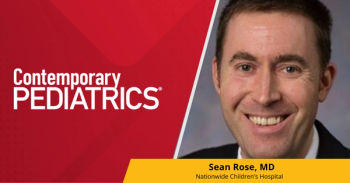
Nonoperative management of acute appendicitis
Compared with traditional appendectomy, nonoperative management (NOM) of uncomplicated appendicitis using parenteral antibiotics is associated with more subsequent emergency department (ED) visits and hospitalizations, as well as more subsequent appendectomies.
Compared with traditional appendectomy, nonoperative management (NOM) of uncomplicated appendicitis using parenteral antibiotics is associated with more subsequent emergency department (ED) visits and hospitalizations, as well as more subsequent appendectomies.
These were the major findings of an analysis of administrative data from 45 US pediatric hospitals involving 99,000 patients aged younger than 19 years (median age, 10.9 years) who came to an ED with appendicitis between 2010 and 2016. Of these patients (60% were male), 66% were diagnosed with nonperforated appendicitis for which 4190 (6%) were managed nonoperatively. About 55,000 of all the children identified with appendicitis had the follow-up information that investigators used to analyze 1-year outcomes.
The analysis showed that NOM patients were more likely to have an ultrasound and computed tomography at the initial visit, additional advanced imaging during the 12 months after the initial visit, and more ED visits and hospitalizations. Further, 46% of NOM patients had a subsequent appendectomy within the year follow-up period (Bachur RG, et al. Pediatrics. 2017;140[1]:e20170048).
Thoughts from Dr Burke
Discussion of nonoperative management of appendicitis is on the rise. This study, although based on often unreliable administrative data, shows that this practice, on average, is associated with increased visits, studies, cost, and, in nearly half the cases, eventual appendectomy anyway. All things considered, I think I would opt for early appendectomy.
Newsletter
Access practical, evidence-based guidance to support better care for our youngest patients. Join our email list for the latest clinical updates.






